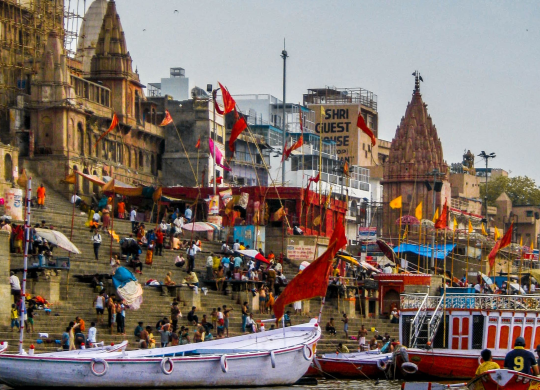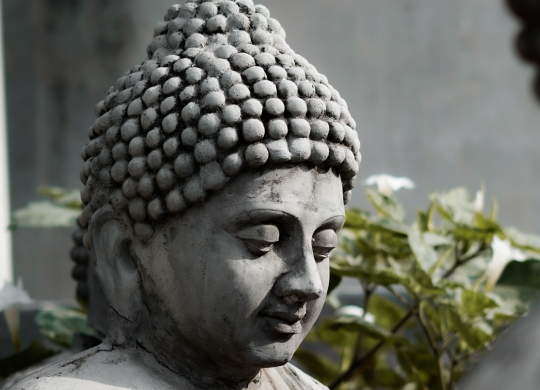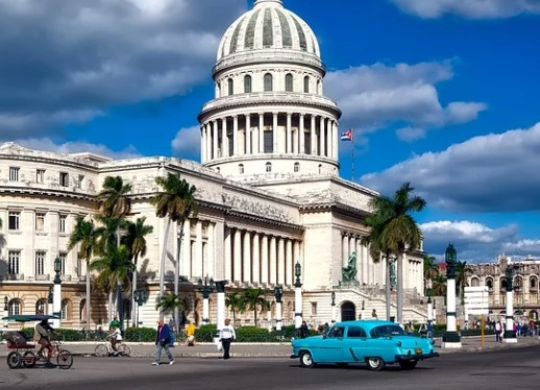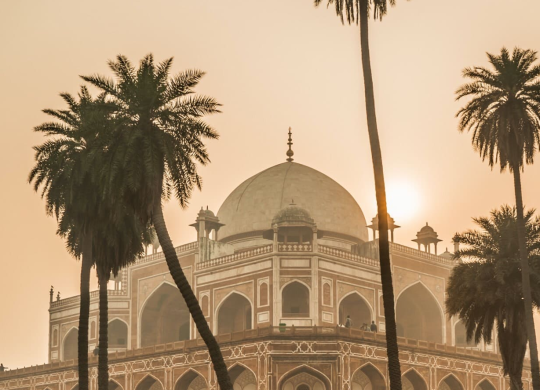Types of visas for coming to India and ways to obtain citizenship

India is like a big old chest full of jewels. A country of ancient culture and architecture, cuisine, and tradition. The food is full of spices that will enrapture every traveller, it beckons not only the adventurous but also the enigmatic romantics.
Skyscrapers sit next to temples and centuries-old palaces and the roads are lined with cows and camels, the latest motorbikes, and painted trucks.
How to get Indian citizenship
Acquisition and loss of Indian citizenship are provided under the Citizenship Act, of 1955.
There are the following ways to get an Indian passport:
- By birth. Children born to parents of any nationality are eligible to apply for Indian citizenship after the age of majority (18 years).
- By ethnic origin If the father of a child born somewhere in the world is Indian, the child can acquire citizenship of that country.
- In the case of a child born of a foreign national and an Indian woman, the child becomes a citizen of the country if the mother and child reside in Indian territory and the child has not obtained any other citizenship from the father.
- An illegitimate child born in some country to an Indian citizen mother. Children born abroad must register at a diplomatic mission in India.
- By naturalization. For this, foreigners must have lived in India for more than five years and renounced their previous citizenship.
India does not allow dual citizenship.
Indian citizenship can be lost:
- By voluntary choice.
- Due to voluntary acceptance of another citizenship.
- If you provide false information for naturalization.
- If a person who has been granted Indian citizenship by naturalization commits anti-state acts against India in the first five years of citizenship.
Documents required to obtain citizenship
- Evidence of temporary or indefinite residence permit issued in India;
- A photocopy and original of a foreign passport;
- A photocopy and original of the passport of the State where the person has citizenship;
- Marriage certificate if it is a union with an Indian national;
- Birth certificate in case the child was born in the State;
- Employment contract or investment package in the case of workers and businessmen;
- Contract for paid education services in the territory of India in the case of students;
- Application in writing for admission to citizenship;
- Account statement;
- If necessary, details of relatives who will reside with the granted citizenship are submitted;
- Documents on real estate;
- Application for English and Hindi Language Proficiency Examination is submitted;
- A written renunciation of the original citizenship certified by the country's embassy is enclosed.
All documents are submitted to the administration of the township where the person resides. In larger cities, there are special offices called banchan. There, at the time of filing the documents, all possible photocopies have to be made.
Types of visas to India
Visa on Arrival - "Electronic-Tourist Visa" (e-TV)
This visa is issued exclusively at the nine authorized international airports of Bangalore, Chennai, Cochin, Delhi, Goa, Hyderabad, Kolkata, Mumbai, and Trivandrum based on Electronic Travel Authorization (ETA) obtained online from Indian Visa Online. This visa is issued to persons whose purpose of the visit is tourism, visiting friends or relatives, a short business visit, or short-term medical treatment. The period of stay cannot exceed 30 days. With TVOA, one can visit India no more than 2 times in a calendar year. Russian citizens and citizens of Ukraine can obtain a visa on arrival.
Tourist visa
Intended for tourism, visiting friends or relatives who are citizens of India. Visa is issued for one or more entries.
Transit Visa
Persons whose purpose of the visit is to transit through India to a third country.
Business Visa
For those who are going to visit India at the invitation of business partners.
Student Visa
Intended for those enrolled in officially registered educational institutions in India. The visa can be issued only on the presentation of a written invitation from the institution.
Visa for the study of Yoga, Vedic culture, Indian music theory, dance, etc.
A visa is issued to nationals to undertake a course of study in Yoga, Vedic culture, theory of Indian music, dance, etc., at officially recognized Indian educational institutions. Issued on presentation of a letter of admission from a particular educational institution.
Friendly, diverse, beautiful, simple, and very childlike. This is all about India. Once you visit this wonderful country, your life will change dramatically.
Recommended articles
3 min
Treatment
3 min
Expats
Moving to Ireland: residence permit, citizenship and other important details
Thousands of migrants around the world choose Ireland as an ideal place to live. And it is not surprising, as the country is known for its picturesque countryside, clean environment and high standard of living. Learn more about the possible ways to obtain Irish citizenship
09 Jul. 2024
More details4 min
Residence permit
All materials and articles are owned by VisitWorld.Today and are protected by international intellectual property regulations. When using materials, approval from VisitWorld.Today is required.
